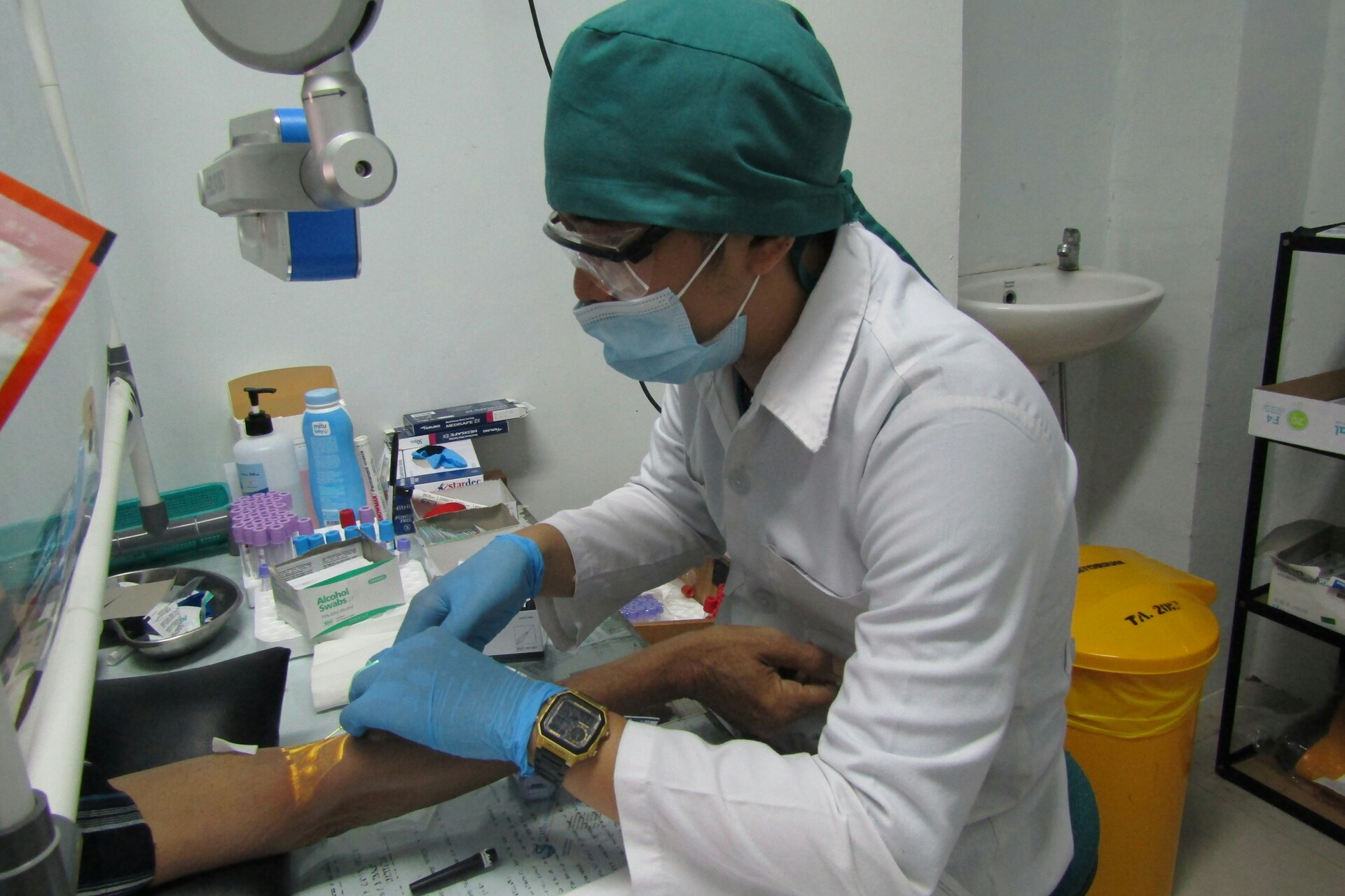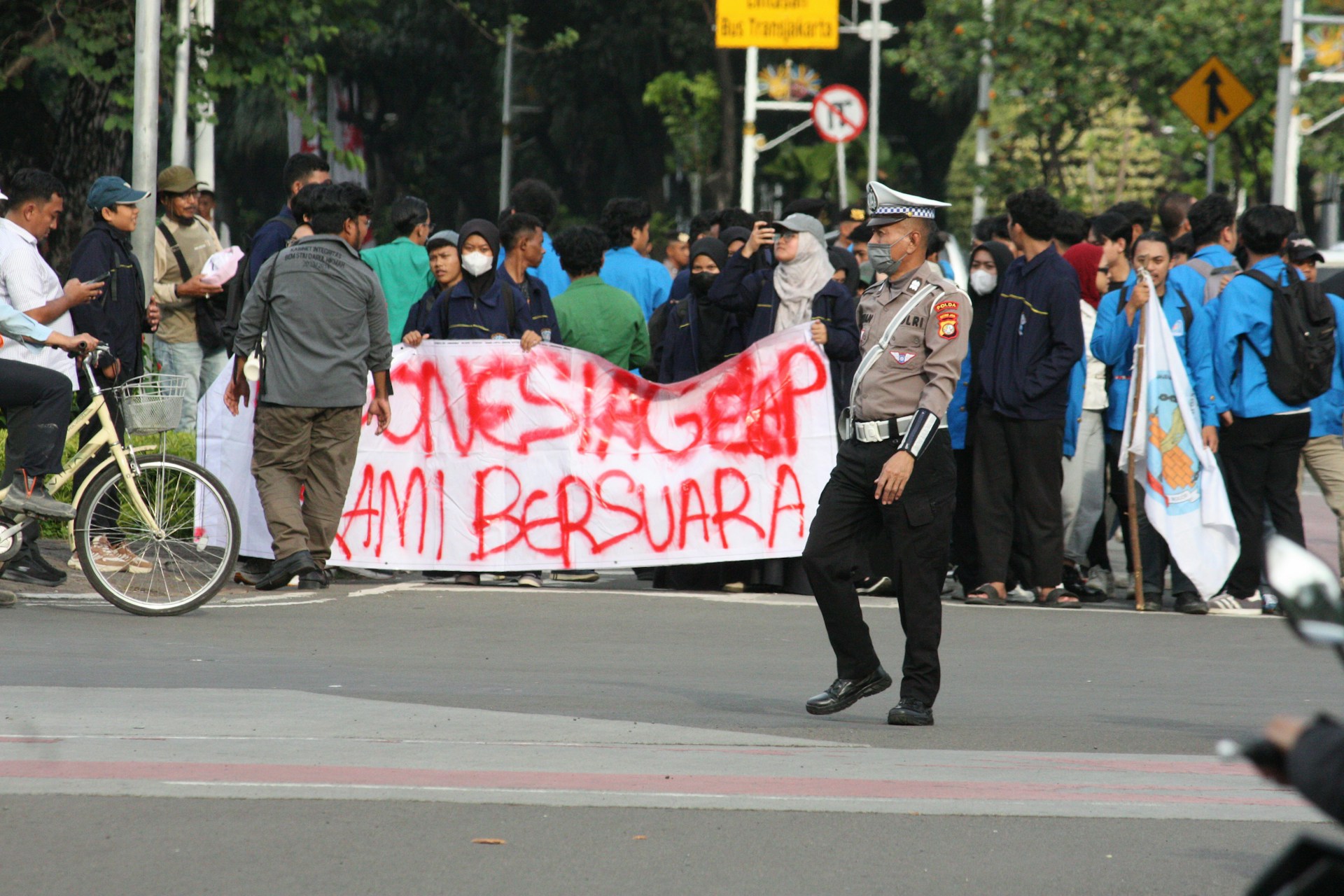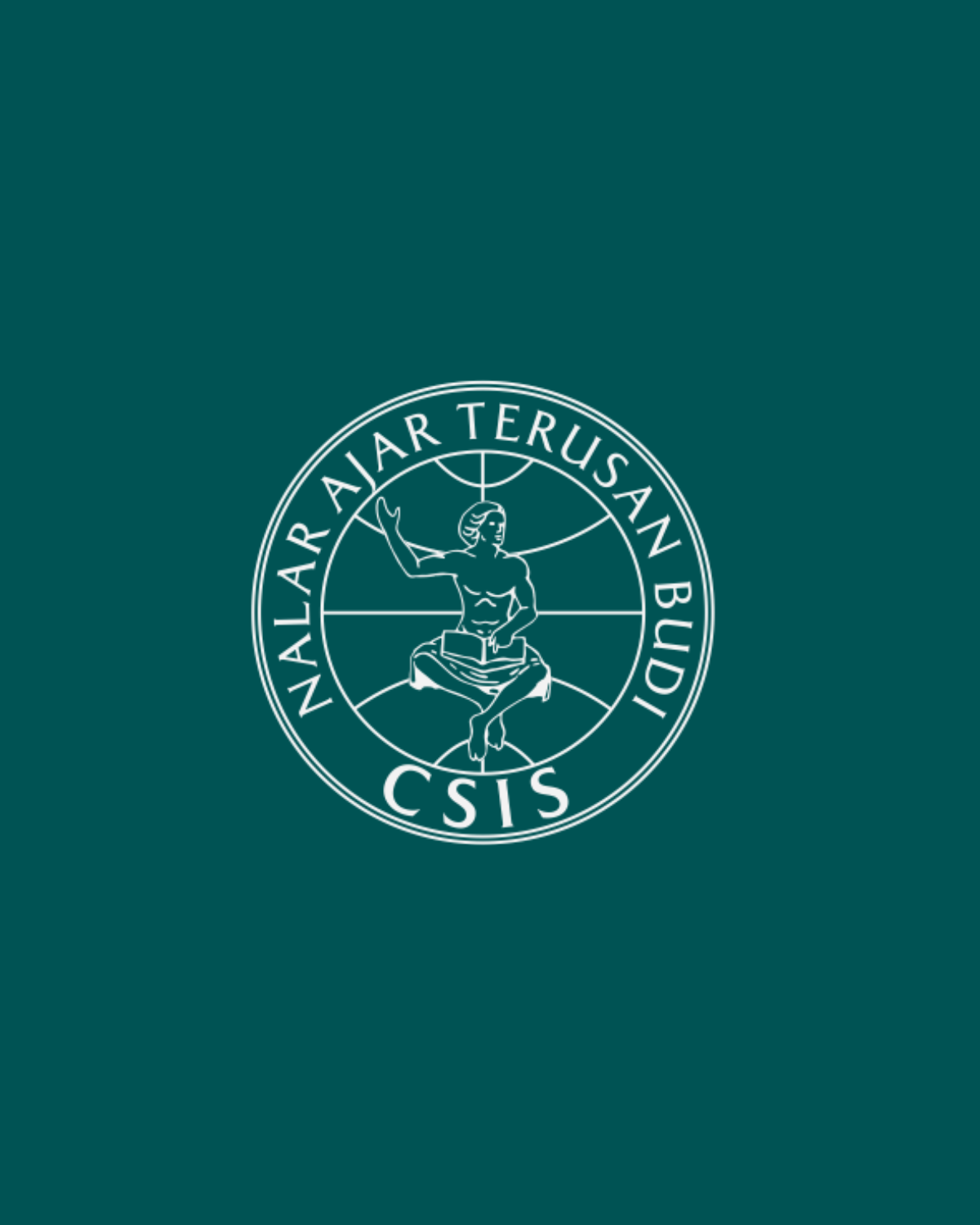Our continuous engagement in research and observation on democratic reform specified our study on five areas: electoral politics, social policy (bureaucratic reform, ethnic and minority issues, labor, health, gender, poverty, and education), identity politics, digital politics, and security sector reform (military professionalism and democratic civilian control). We observed the dynamics of electoral politics by emphasizing on electoral process, party system, and political dynamics in the parliament. We also focus on the preferences and political behavior of voters in elections as well as perceptions of government performances and policies, through surveys on public opinion.In 2018, we conducted periodic research on millennials: its social, political, economic, and religious preferences. Addressing trending issues of diversity and tolerance, we also examined the manifestation of identity politics in 2018 Regional Elections and 2019 Presidential Election. As the election period draws nearer, Department of Politics and Social Change conducted series of public seminar to discuss presidential candidates’ visions on various issues—from politics to bureaucratic reform—by inviting both candidates’ campaign team and experts. The department also continues to engage and collaborate with international research projects and donors, such as the European Commission-funded Competing Regional Integration in Southeast Asia (CRISEA), Management Systems International (MSI) for USAID-CEGAH program, Knowledge Sector Initiative (KSI), and International Republican Institute (IRI).
Politics and Social Change
Department's Scholars
Vidhyandika Djati Perkasa
Senior Researcher, Department of Politics and Social Change
Arya Fernandes
Head, Department of Politics and Social Change
Beltsazar Krisetya
Researcher, Department of Politics and Social Change
Dominique Nicky Fahrizal
Researcher, Department of Politics and Social Change
Edbert Gani Suryahudaya
Researcher, Department of Politics and Social Change
Medelina K. Hendytio
Deputy Executive Director for Operations
Noory Okthariza
Researcher, Department of Politics and Social Change
Philips J. Vermonte
Dean of Faculty of Social Science Universitas Islam International Indonesia (FOSS UIII) and Senior Fellow at CSIS
Publications
Commentaries
Menakar Isu-Isu Krusial dalam Revisi UU Penyiaran
Florentina Dwiastuti, Azriel Rizky Meviano and Muhammad Erza Aimar Rizky
Commentaries
Demonstrasi dan Tuntutan Keadilan: Menyulam Ulang Ruang Publik
Dominique Nicky Fahrizal, Azriel Rizky Meviano and Revo Linggar Vandito
Policy Brief
Mendorong Revisi UU Pemilu untuk Pemilu yang Berkualitas dan Berintegritas
Arya Fernandes, Vidhyandika Djati Perkasa, Dominique Nicky Fahrizal and Nurul Amalia Salabi
Research Report
Kepala Daerah Terpilih 2025: Kepemimpinan Politik di Tingkat Lokal dan Tantangan untuk Generasi Elite Baru
Arya Fernandes, Florentina Dwiastuti, Ainur Khafifah, Amanda Kania and Syahzmil M. Gosarli
Commentaries
Pasca-Pemilu 2024: Ragam Upaya Penggantian Caleg Terpilih
Florentina Dwiastuti and Winda Safitri
Events
29 sep 2022



























